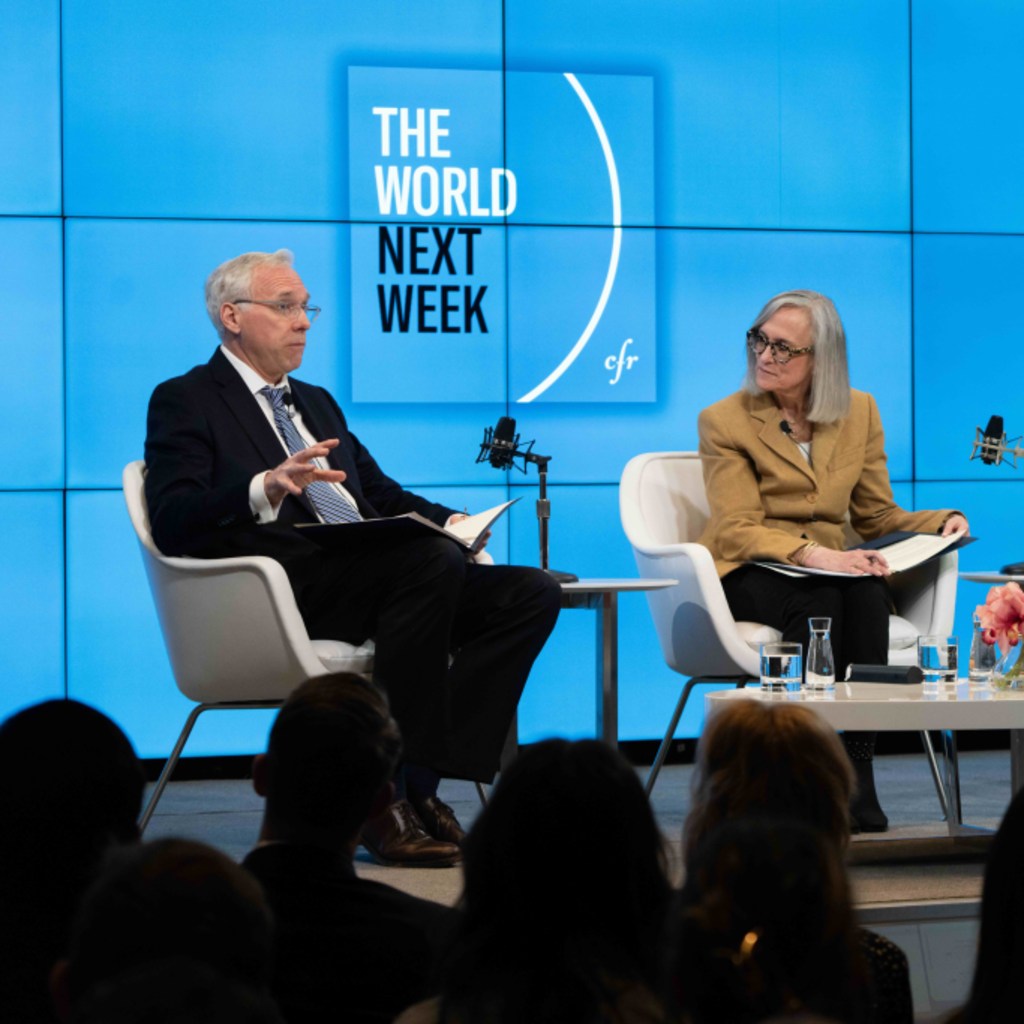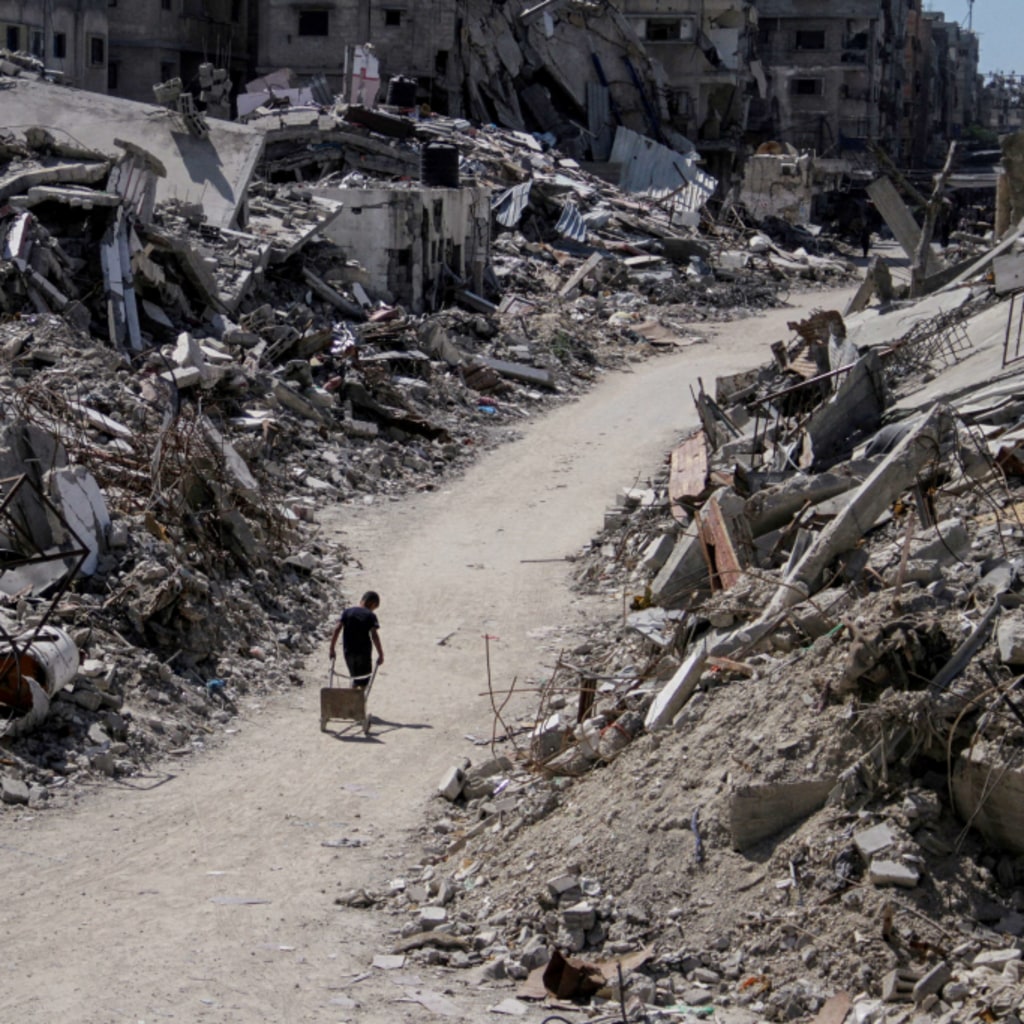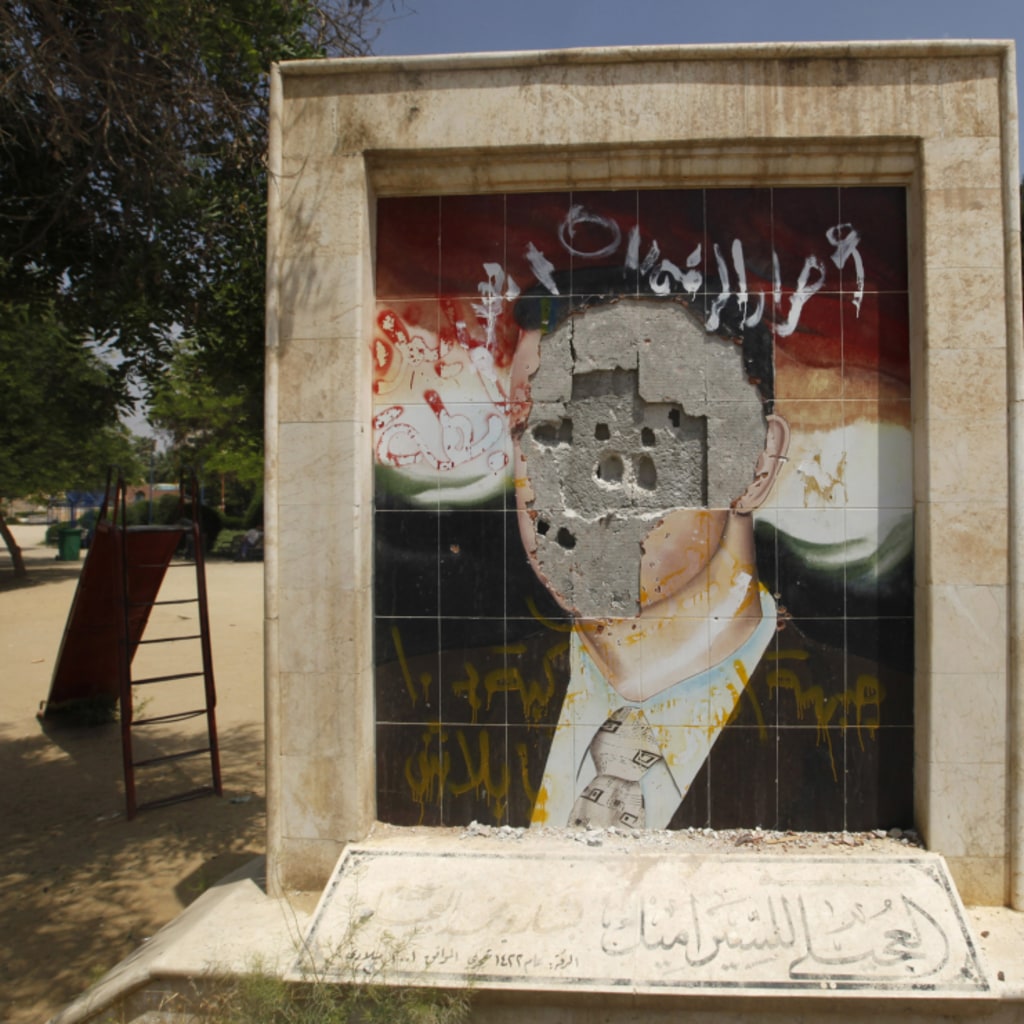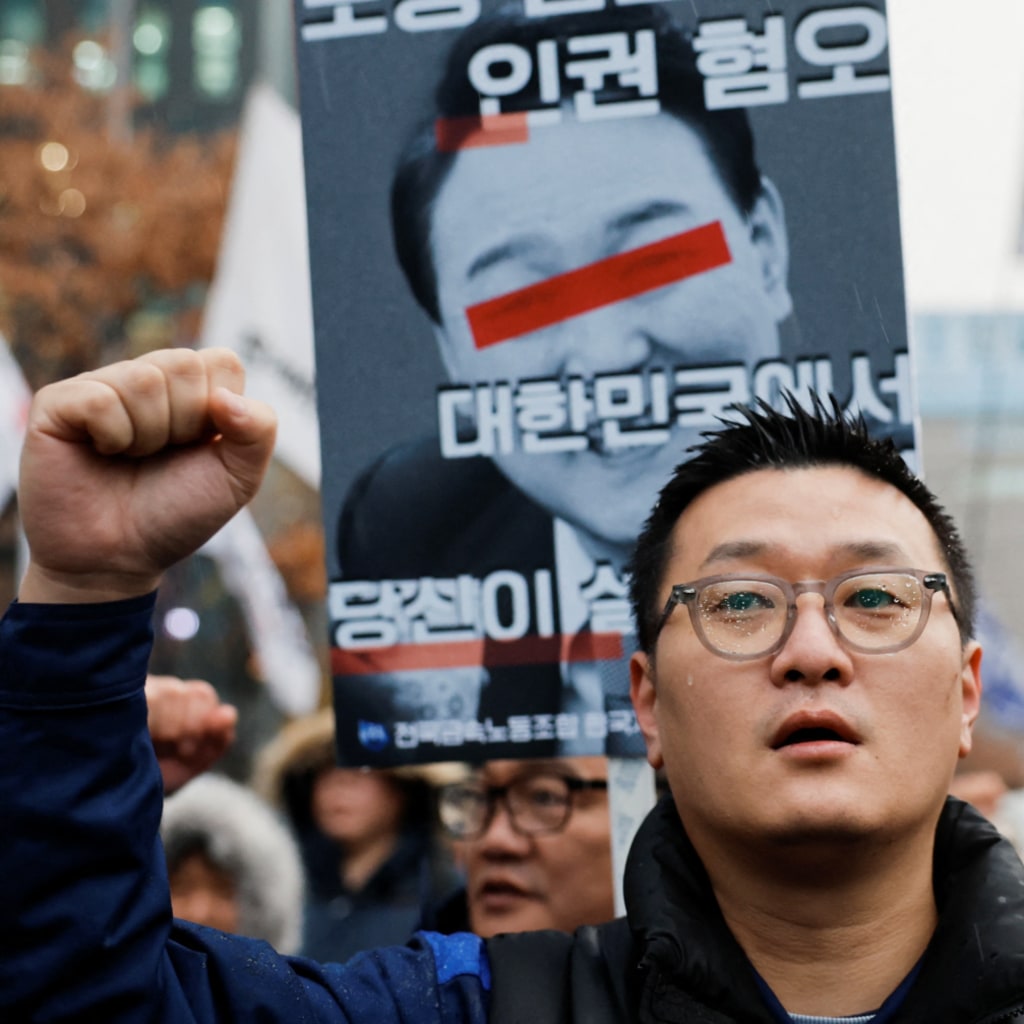Iran
January 4, 2018
Mass anti-government protests roil Iran, North and South Korea prepare for possible peace talks, and presidential elections take place in the Czech Republic.
Published
Hosts
- James M. LindsayMary and David Boies Distinguished Senior Fellow in U.S. Foreign Policy
- Robert McMahonManaging Editor
Show Notes
Mass anti-government protests roil Iran, North and South Korea prepare for possible peace talks, and presidential elections take place in the Czech Republic.






